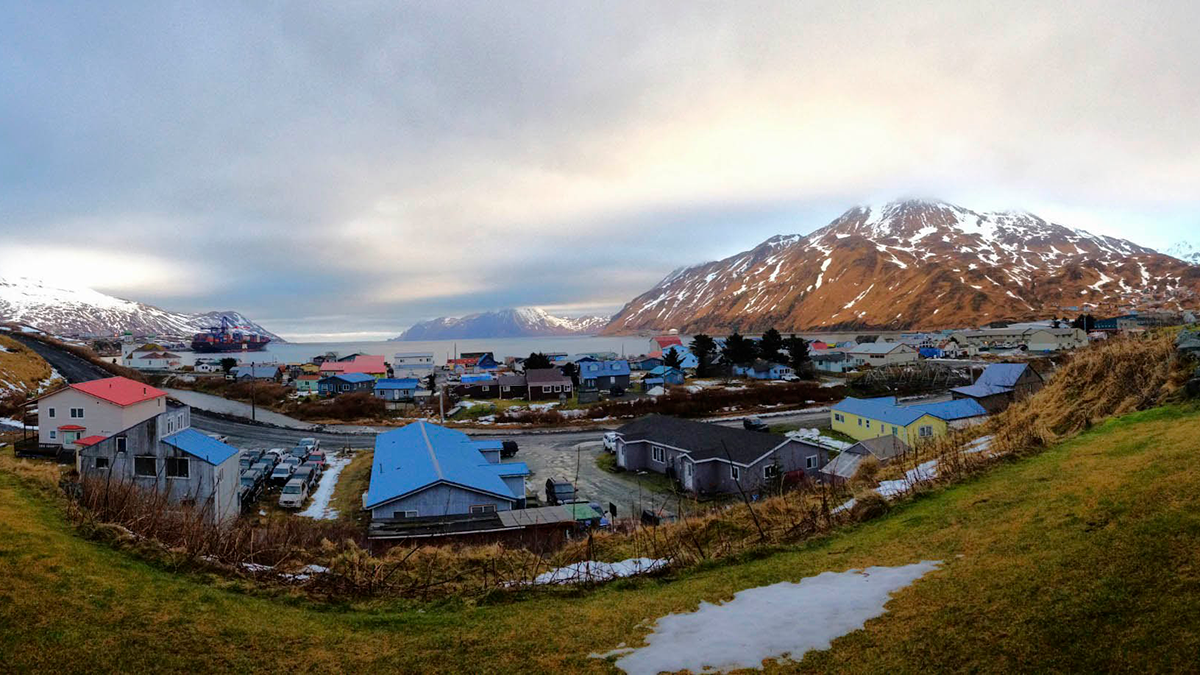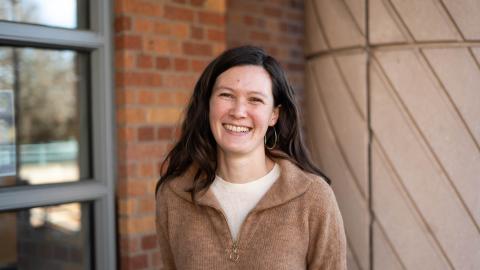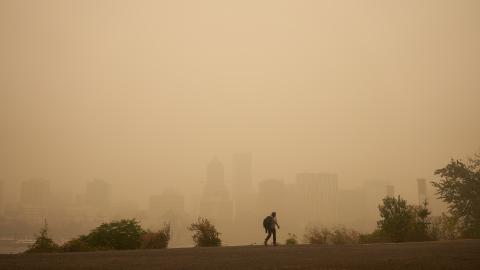Sea-level rise associated with climate change is already displacing some small indigenous communities, and many others are at risk around the world.
Prior to catastrophic flooding anticipated in the next few decades, people living in these communities can begin an orderly process of managed retreat, or planned relocation, to higher ground either nearby or at a distance. A new University of Washington study published last month in the journal Climatic Change examined how this process affects people through the lens of public health.
The researchers focused on eight villages—four in North and Central America and four in the South Pacific — to learn what happens to people and communities when rising oceans force people with limited resources to relocate.
“Managed retreat has disruptive health, sociocultural and economic impacts on the communities that relocate,” said lead author Dr. Andrew L. Dannenberg, an affiliate professor in the UW Department of Environmental & Occupational Health Sciences (DEOHS) in the School of Public Health and in the College of Built Environments.
Co-authors of the study were DEOHS Professor Emeritus Howard Frumkin; DEOHS Associate Professor Jeremy Hess; and DEOHS Professor Kristie Ebi.
Learn more about the study here.




